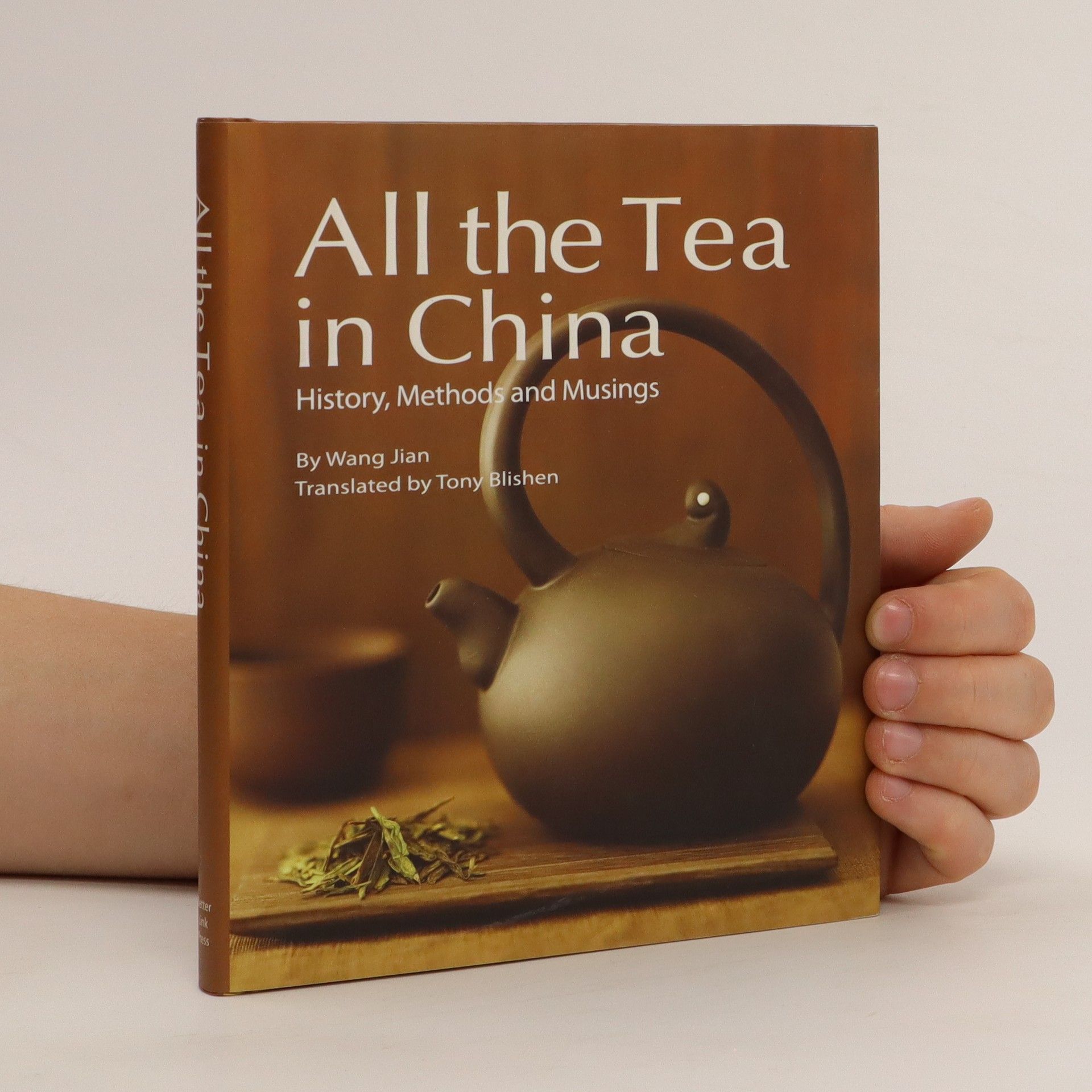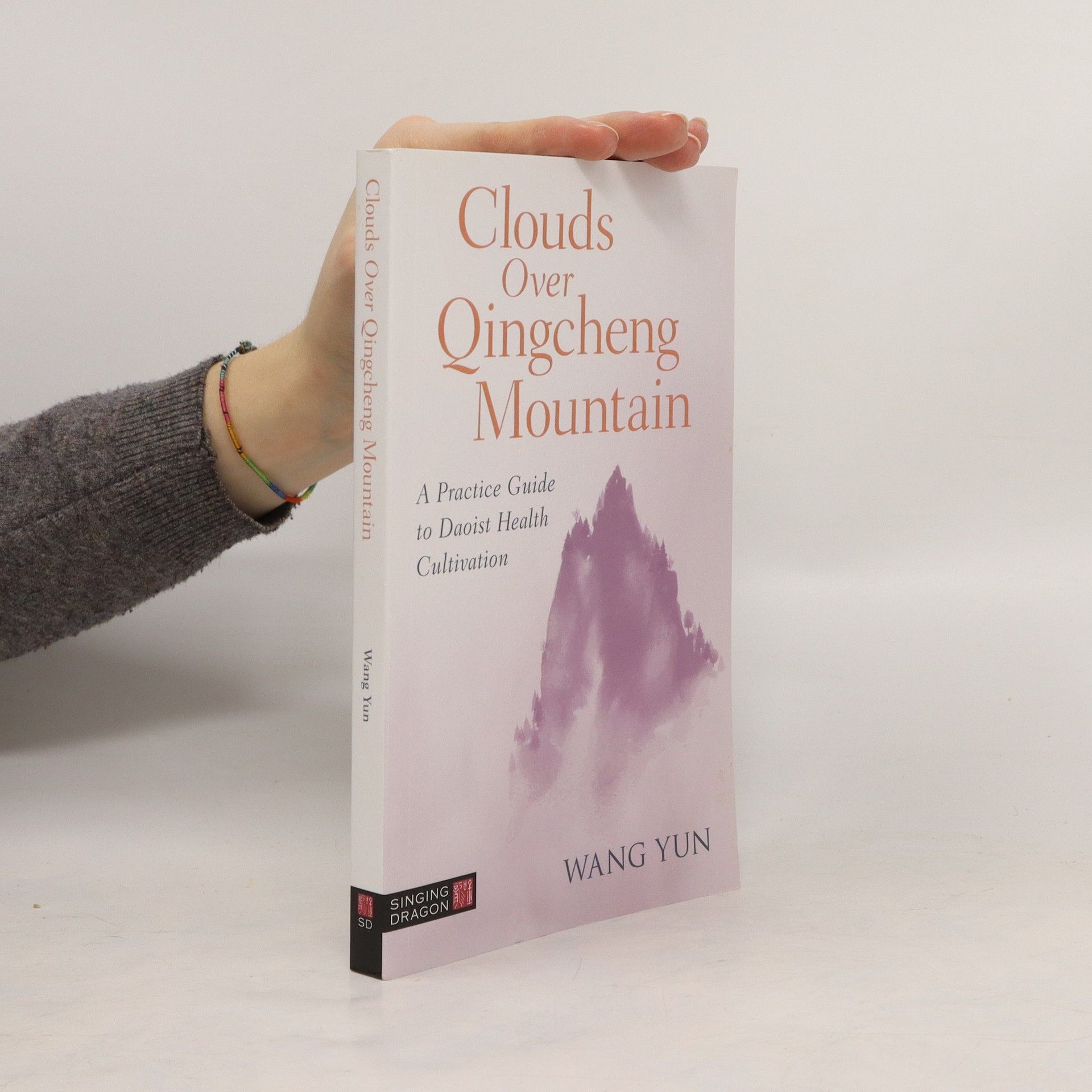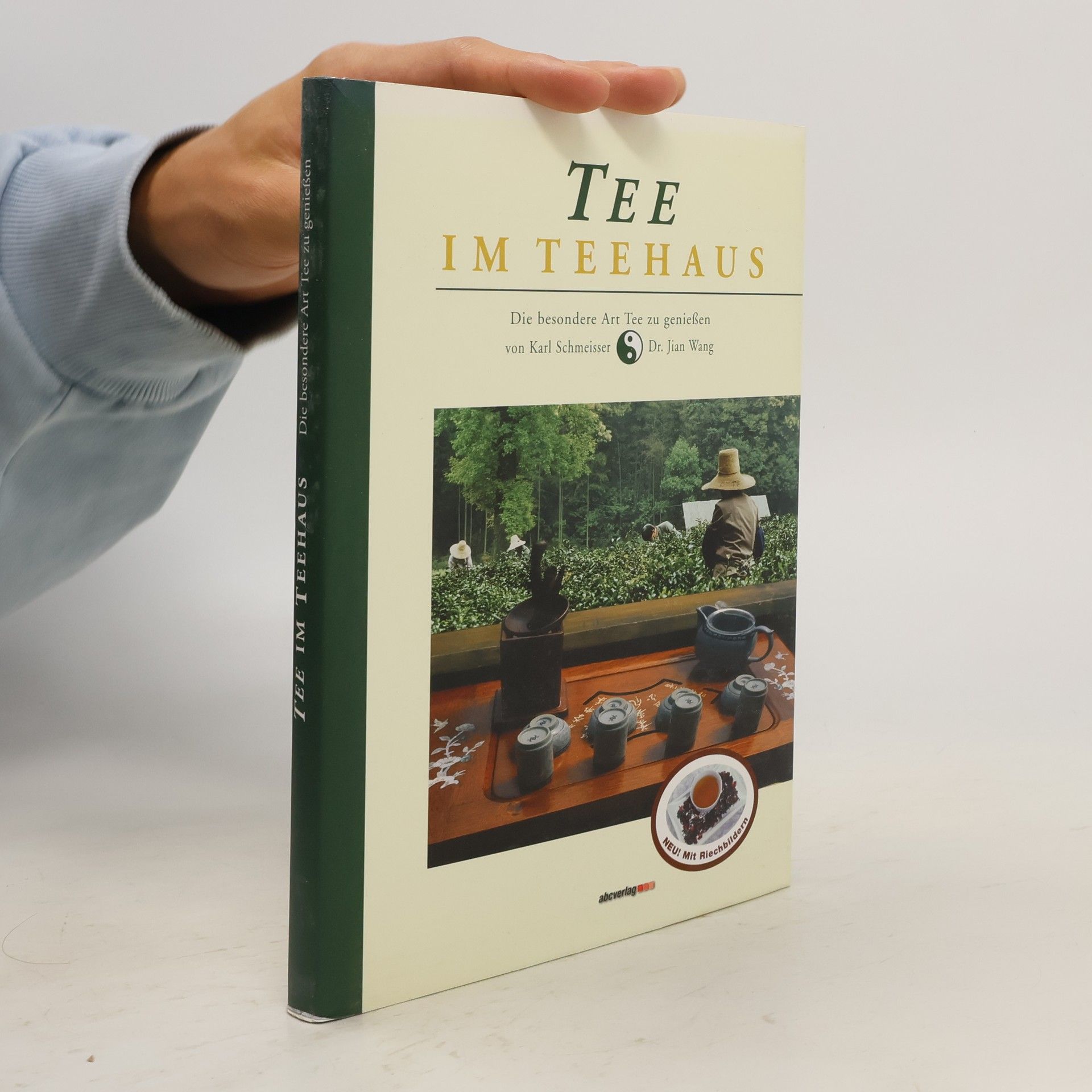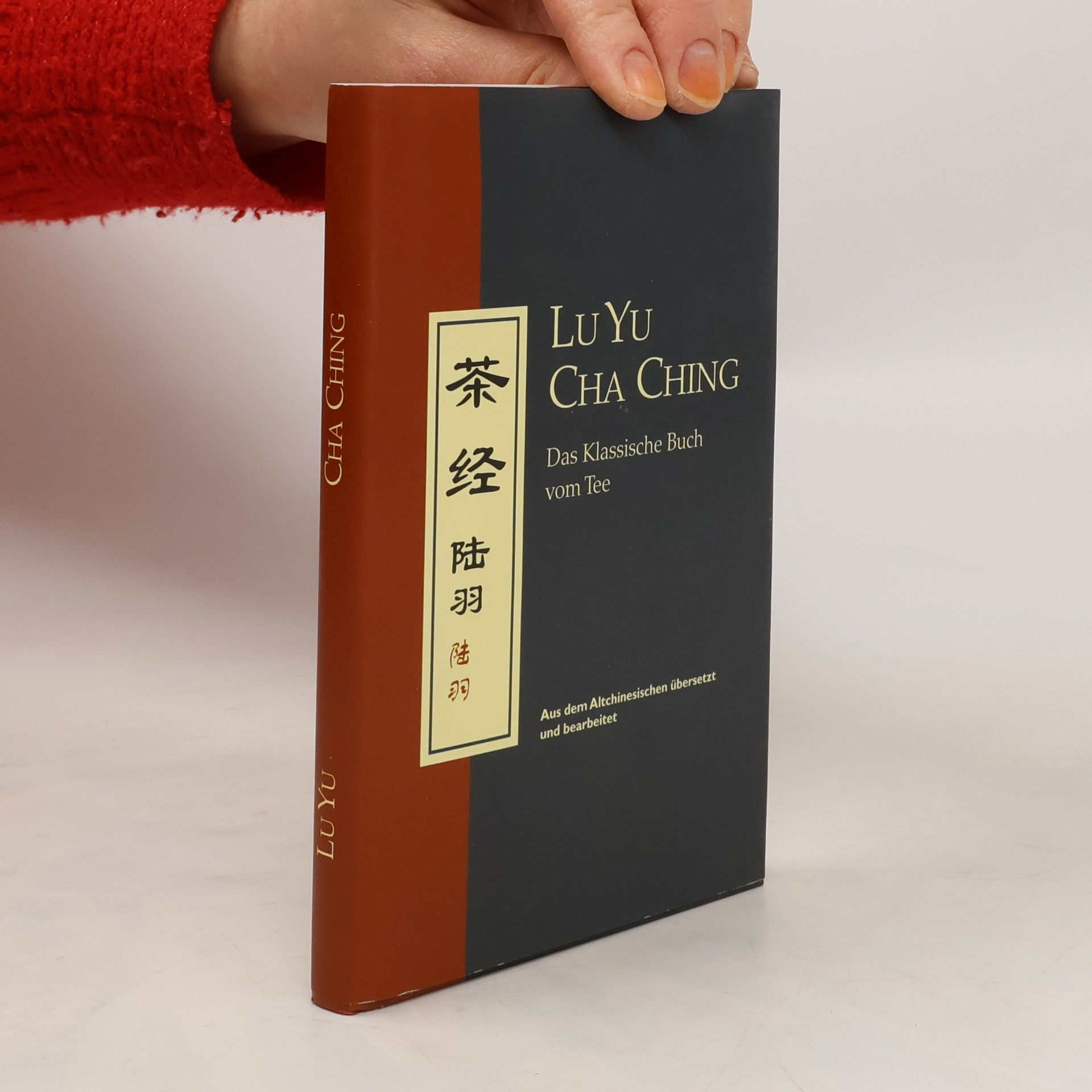Returning from Qingcheng Mountain
- 366pages
- 13 heures de lecture
Functioning as both a dense manual, a detailed roadmap, and an edifying tale of spiritual maturity, this third installment in Wang Yun's best-selling series brings you rare and authentic Daoism, straight from the culture that gave birth to it. With clear instruction and dozens of illustrated and filmed exercises, you can begin or strengthen your spiritual practice, boost your immune system, and find deep peace of mind, all right from the comfort of your home.Lofty Daoist philosophy and its practical applications are made easy to grasp and apply through Wang Yun's effort to translate the old teachings on how to apply the mindset and skills of Daoist meditation, alchemy and qigong to all affairs of life. To this end, Returning from Qingcheng Mountain spins a blend of rare tales from Daoist lore, straightforward explanations of ways to shape the body and mind, and inspiring stories from Wang Yun's own practice path.To 'remain natural in all things' is the tenet that pervades every page, an eternal invitation toward being at ease, no matter the circumstances. By doing so, one returns to the world out there and handles mundane matters with poise and efficiency, transforming all the challenges and joys and relationships of daily life into a practice, a meditation, and a chance to grow and develop one's spirit, and by token, the body.





